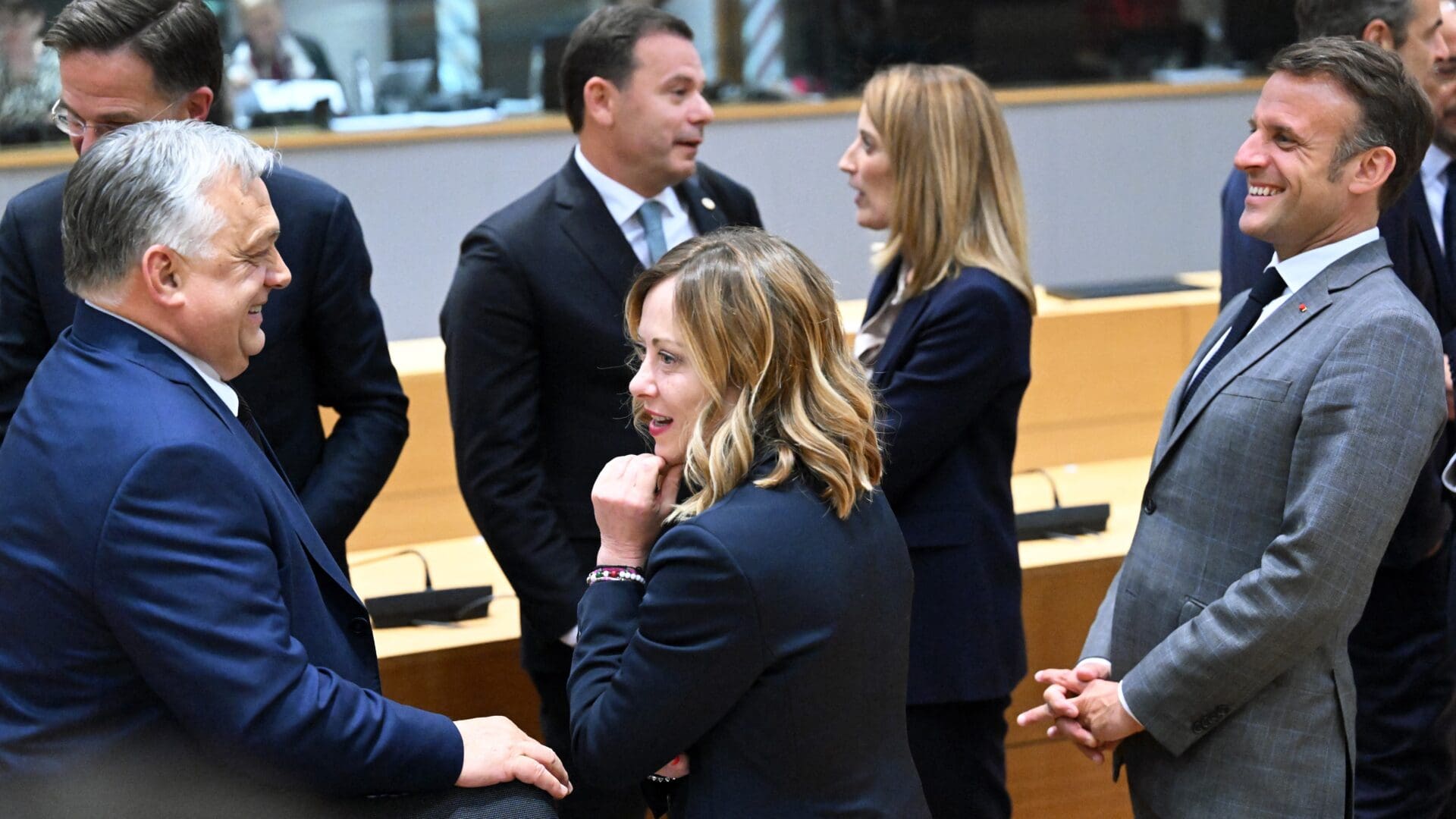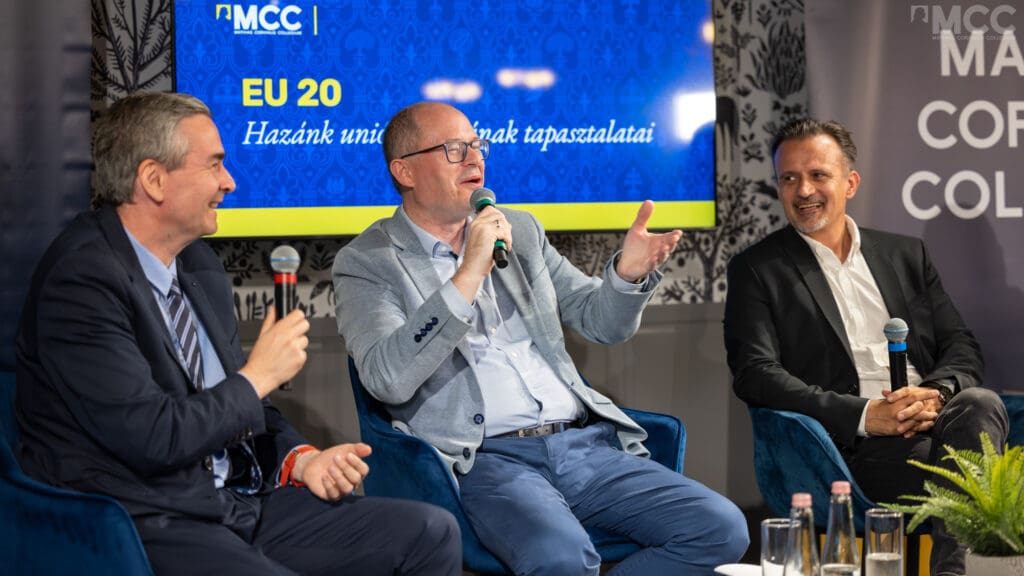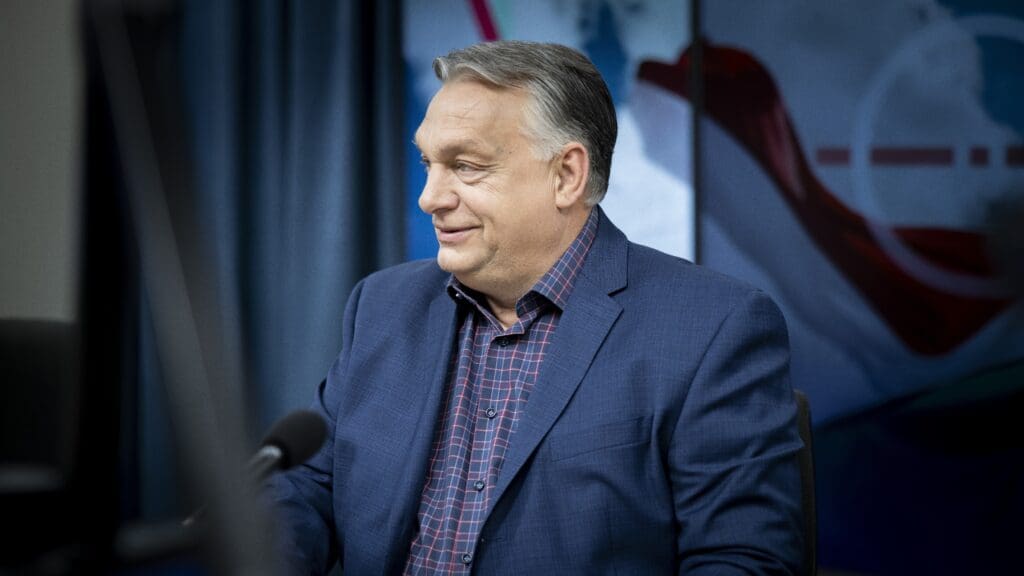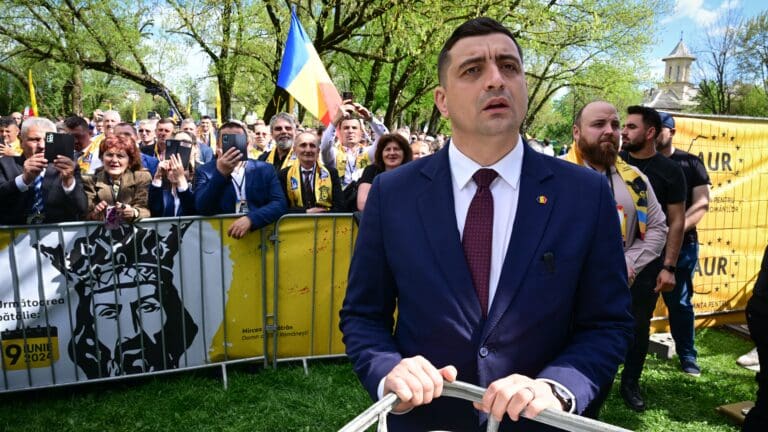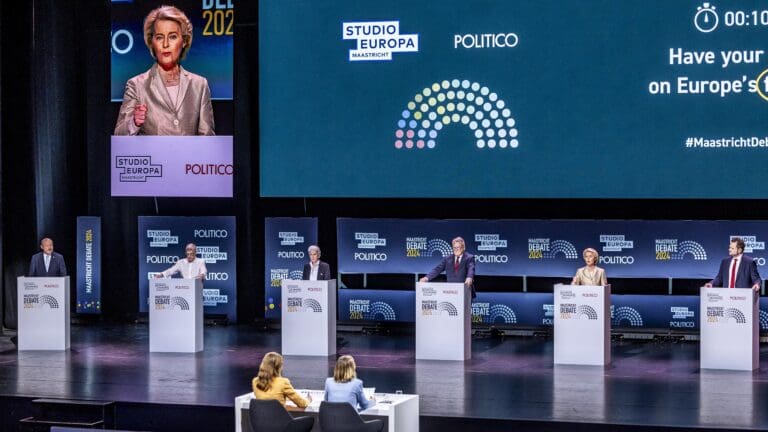The Member States of the European Union (EU) are facing what could be deemed the most significant European Parliament elections in their history. The stakes are undeniably high: come June, voters will decide whether the destructive rule of the left will continue or whether the right-wing forces will gain power in the EU legislature. This decision holds immense weight, as it has the potential to substantially alter EU policies on critical issues such as the war in Ukraine, migration, as well as the division of competencies between Member States and the EU.
As the crucial elections approach, speculation is already rife regarding the alignment of right-wing political groups in the upcoming European Parliament. One of the most pressing questions revolves around the affiliation of Fidesz. Balázs Orbán, the political director for the Hungarian prime minister, highlighted the current inadequacy of the existing structure, noting that national conservative forces are gaining ground in the polls but lack a significant voice in the European Parliament. Talking to Euractiv, Orbán pointed out that there is a pressing need for the new European Parliament to foster an environment where national conservative forces, represented by the European Conservatives and Reformists (ECR) and the Identity and Democracy (ID) political groups, can assert their positions more effectively. He further underscored that these right-wing forces have faced challenges in countering federalist parties since the departure of the UK and its sovereigntist parties from the EU.
When asked about Fidesz’s potential alignment with the ECR, Balázs Orbán stated: ‘We have many options,’
including joining the ECR, ID, or even forming a new group,
without discounting the possibility of formal agreements through written documents during coalition building.
The two leading parties within the ECR, namely the Brothers of Italy (Fratelli d’Italia; FdI) led by Italian Prime Minister Giorgia Meloni, and the Polish Law and Justice (PiS), maintain favourable relations with Fidesz. From this perspective, it would be a logical decision for the Hungarian government party to align with the ECR. ‘I can tell you that I have a very good feeling with my colleagues from Fidesz, I know that Giorgia Meloni and Viktor Orbán have a good relationship,’ Mateusz Morawiecki told Euractiv. The former Polish prime minister further emphasized their intention to expand the membership of the political group, suggesting that other parties sharing similar views to Fidesz could also be considered for the new European Parliament.
However, Fidesz diverges from the rest of the ECR on several significant issues, with perhaps the most notable being the stance on the war in Ukraine. While the vast majority of the ECR supports Kyiv and advocates for increased arms supplies, the Hungarian government has consistently pursued a path advocating for peace since the conflict’s inception. Certain ECR members, such as the Swedish Democrats and the Czech ODS, have already signaled their intention to leave if Fidesz aligns with the political group. Morawiecki underscored that consensus among all members would be necessary before new parties could join, but he did not dismiss ‘organizational options’ that could facilitate the inclusion of new members without others leaving ECR.
The cooperation between the two right-wing forces, ECR and ID, in the new EP will also be interesting. Here, a similar discord arises to that between Fidesz and certain ECR members, with ID members adopting a stance akin to that of the Hungarian government regarding Ukraine. One such example is Marine Le Pen’s Rassemblement National (RN) party, which
Morawiecki sees as pivotal in bolstering the right’s influence in the next term.
While he advocates for closer ties, Morawiecki dismisses the notion of a complete merger between ECR and ID due to significant disparities in national delegations’ positions on crucial policy matters, such as support for Ukraine. Instead, he expresses a willingness to collaborate with ‘some’ delegations to achieve common goals.
‘There are also other parties, which are part of the ID group, which can expand our capacity to negotiate the future coalition, including Marine Le Pen,’ Morawiecki asserted. Balázs Orbán agreed with the former Polish prime minister, saying Fidesz is also ready for closer cooperation with Le Pen, as they share a vision of an EU of nation-states and the drive to reform it.
As noted by Euractiv, the ultimate decision rests with Giorgia Meloni and the FdI. Nicola Procaccini, co-chair of the ECR and Meloni’s close associate, told the news website that the ECR is inclined towards maintaining collaboration with the EPP. This inclination could potentially complicate efforts to work with Fidesz and certain ID members. Fidesz’s departure from the EPP in 2021 occurred following—among other things—the EP’s largest political group’s departure from its previous policies, progressively veering towards the left.
According to the latest opinion polls, the ECR would secure 78 seats in the June elections, excluding Fidesz, positioning it as the fourth largest political group in the new parliament. However, if the potential seats of Fidesz (14) are included, the ECR could ascend to become the third largest group in the new EP. Meanwhile, ID is forecasted to win 87 seats, establishing the right-wing group as the third largest political entity in the EP. This scenario could potentially mark the first instance where the combined seat count of the two right-wing forces surpasses that of the EPP or the Socialists and Democrats (S&D) individually.
Read more on the upcoming European Parliament elections:

